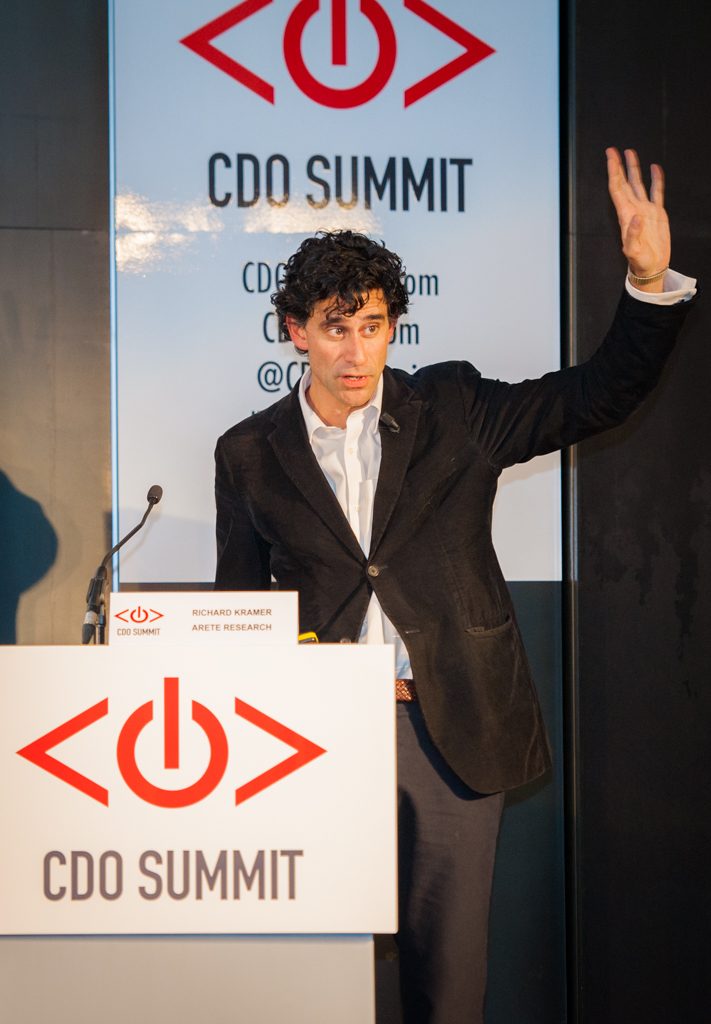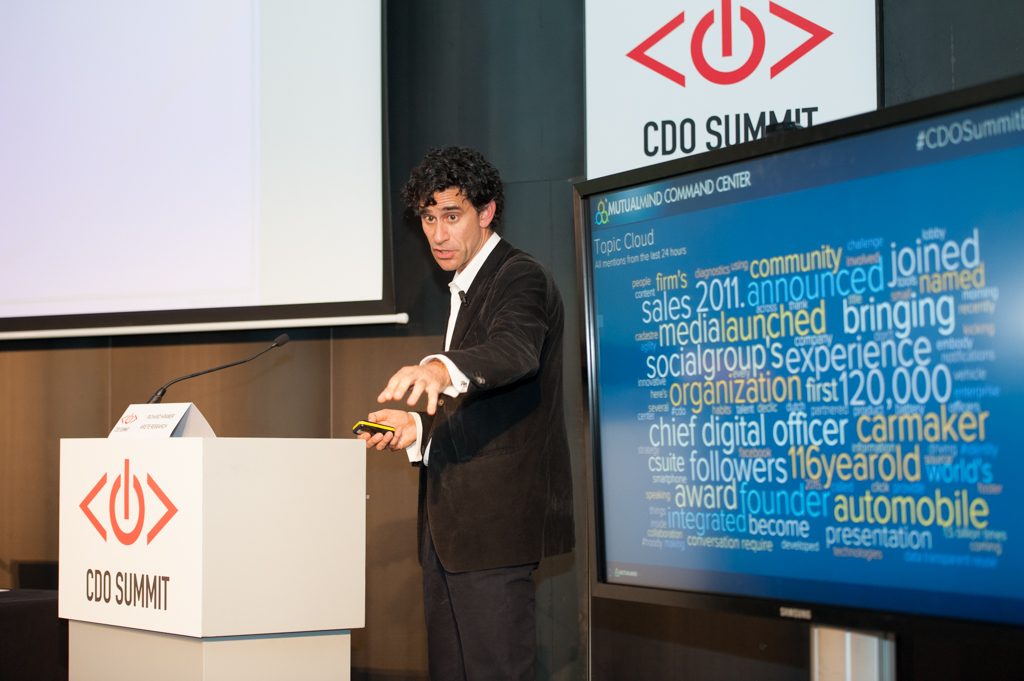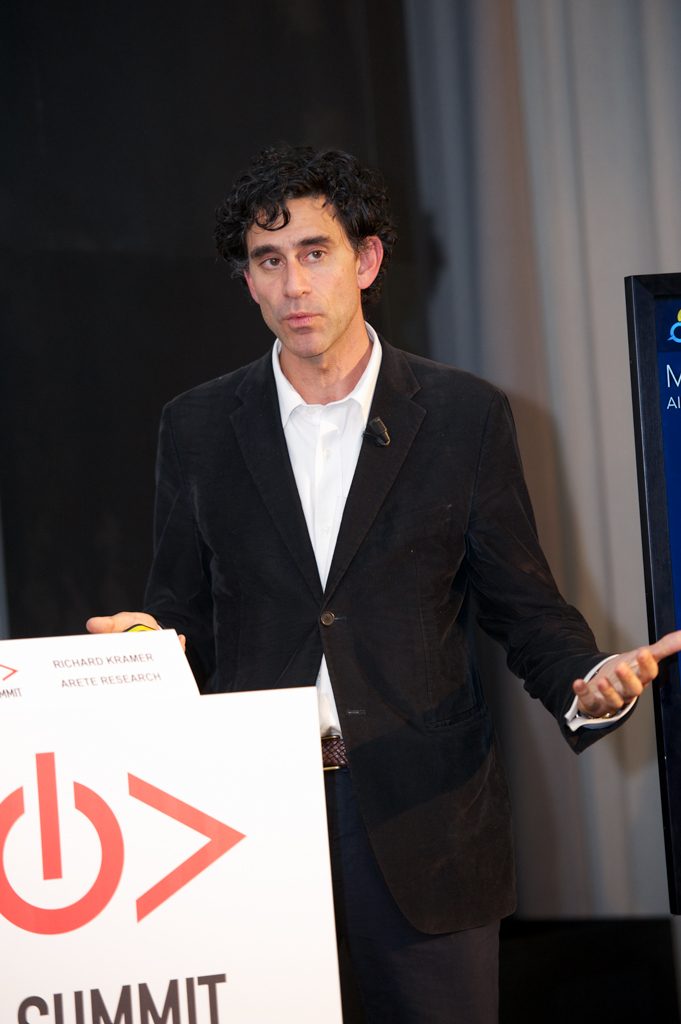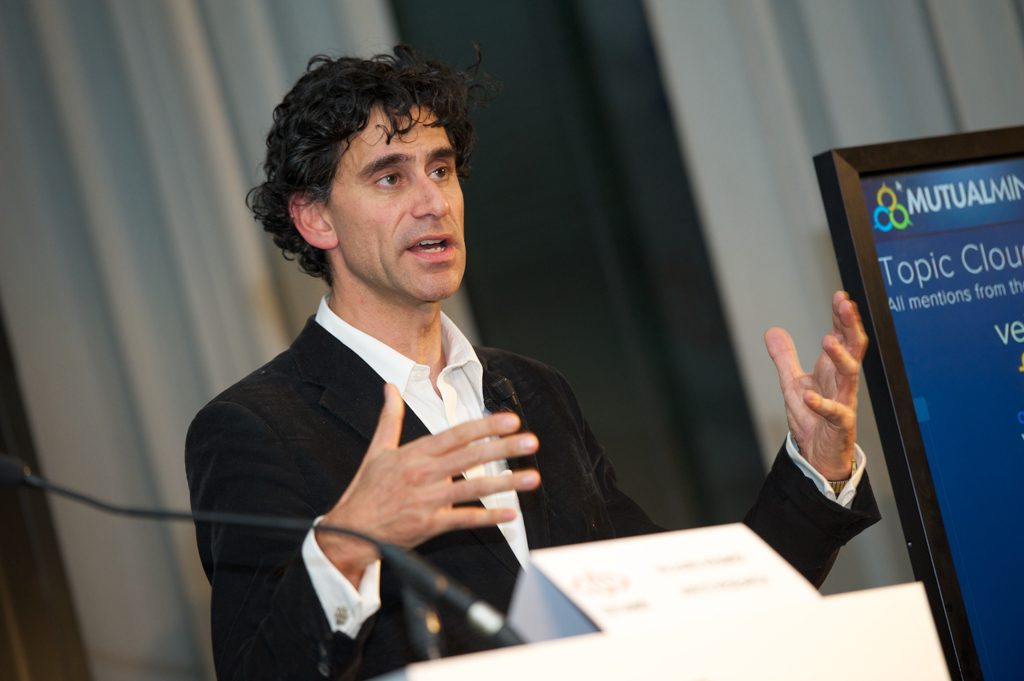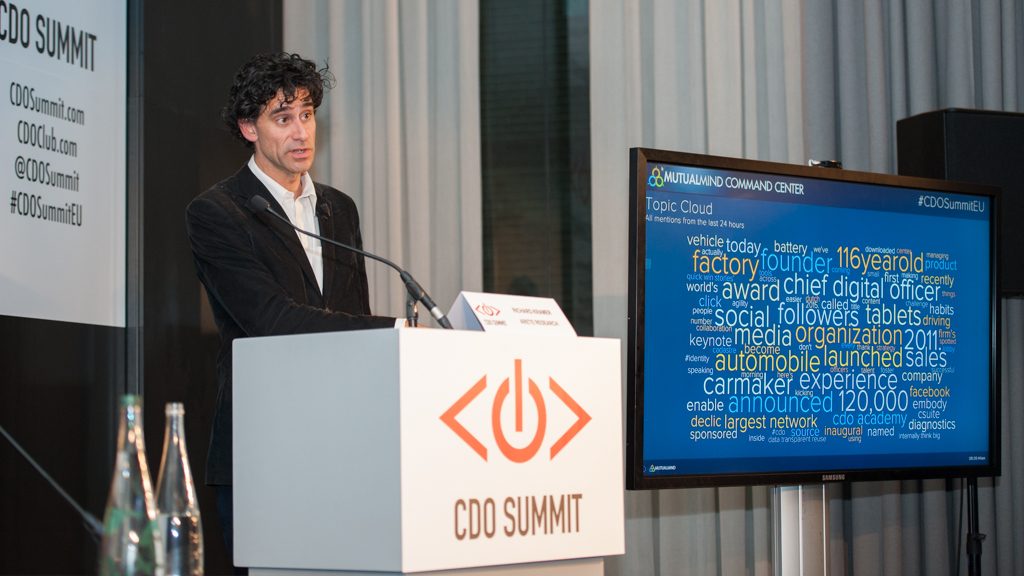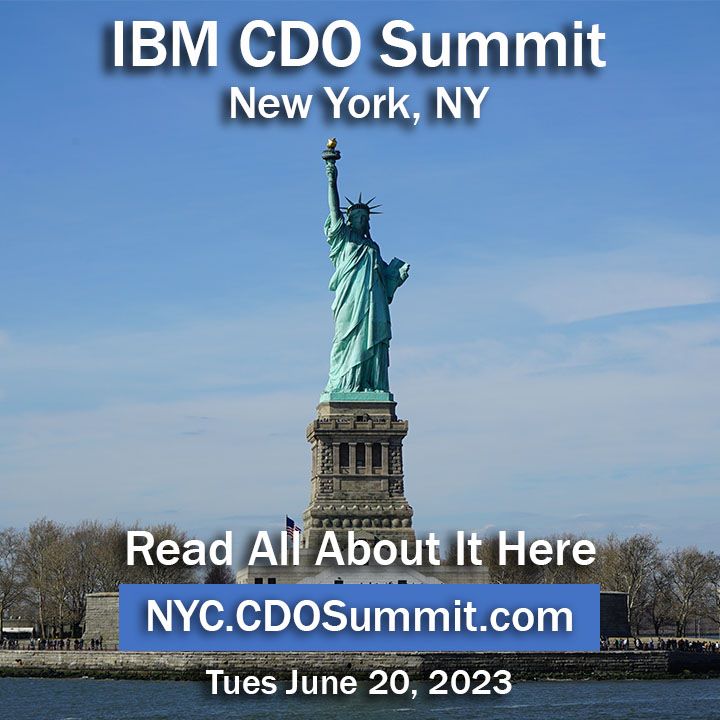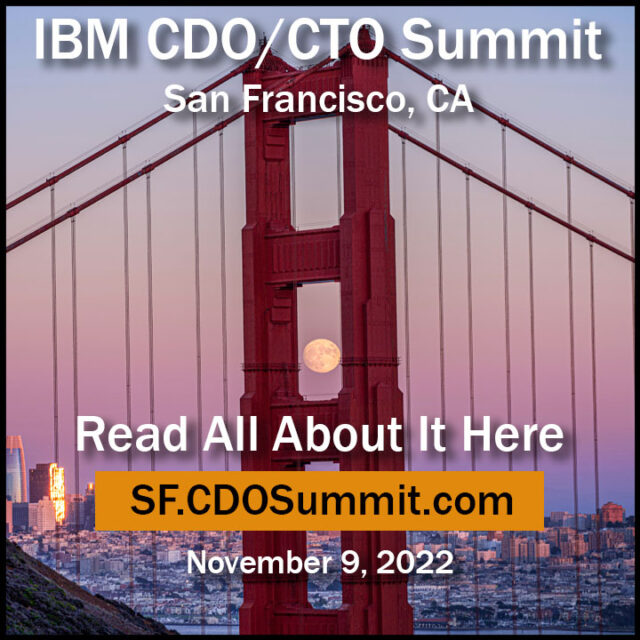“I’m probably the only person you know who makes their money in the financial markets by telling the truth,” said Richard Kramer, Founder and Managing Director at Arete Research.
The digital sector has seen so much hype and bombastic promise in the last few years that organizations are beginning to demand a more independent and analytical view of new trends in the industry.
This space is being filled by Arete Research, an independent equity research group specializing in the global technology, telecom and alternative energy sectors.
Over 100 top investors rely on Arete Research to give them objective analysis on important trends.
Kramer shared some of the organization’s latest research in his keynote at the inaugural EU CDO Summit on Wednesday, November 4th, 2015 at the Conservatorium Hotel in Amsterdam, The Netherlands.
Kramer left his role as head of technology research at Goldman Sachs in January 2000 to found Arete. He previously worked for Nortel and at a Columbia University Business School economics think tank, the Center for Tele-Information, headed by Professor and Director Eli Noam.
His keynote, titled “Dealing with the New Walled Gardens,” is a must-see for those looking for a fresh perspective on the biggest trends in the industry. Watch the entire presentation below:
Here are 6 “hard truths” from Kramer’s presentation which every Chief Digital Officer should be aware of:
1. Beware cheerleaders
Have you heard the statistic that people look at their smartphones 150 times a day? How about the projection from a Morgan Stanley report that wearables would net $17.5 billion in revenue for Apple in the first year alone?
Kramer said that these are just two examples of hyped-up claims that are completely untrue.
He urged caution when faced with industry claims that sound too good to be true.
2. Disrupters are being out-gunned by giant organizations
“Any time you hear the word disruption, your immediate response should be to vomit,” Kramer quipped. “If there was all this disruption, we wouldn’t be able to walk down the street without something exploding.”
While bombastic, his point is that the threat of small disruptors is not supported by economic data. According to Kramer, Google, Amazon, Facebook, and Apple alone invest $6.6 billion in incremental R&D, while “the entire ad tech space barely invests half a billion dollars.”
“They’re getting outgunned by the big pools of money that can invest in very long term,” he continued. “Google is doing driverless cars because they can. If you had a driverless car startup, you’d have to lose a billion dollars before you had anything on the road.”
3. Not everyone is as “open” as they claim
“Open is a four-letter word,” Kramer said.
“None of these companies want their fishing waters open…. Web brands are giant drag-nets aiming to collect oceans of meta-data.”
One example is the fitness wearable Fitbit, which collects heart beat data from its users. Kramer argues that while organizations may publicly espouse open data values, their true goal is simply to collect more data than their competitors.
4. “The Big 5” companies are basically digital empires
Kramer calls Google, Facebook, Apple, Microsoft, and China (Chinese digital organizations) the “new walled gardens.”
He defines a digital empire by four criteria: they have cash (most around $50 billion+ profit pools), they collect tolls for using their technologies and platforms, they make laws (user and b2b agreements), and they control what content is seen and distributed.
One example of the power of these organizations is the fact that the King gaming company spent $658 million for the right to distribute and market Candy Crush on Facebook, Google, and Apple.
5. Programmatic is overrated
Kramer said that companies are too optimistic about programmatic, in the hopes that it can give them a taste of the “great white whale of the $200 billion US TV spend.”
For one thing, there are too many variables for it to be effective. “Most advertisers can only deal with three or four variables.”
Hype plays a role here as well: “Ad tech is this terrible buzzword jungle,” Kramer said.
“That’s one of the things that CDO’s can definitely do: cut through the BS.”
“Forget about all the buzzwords, can we just get a decent ROI and outcome for a campaign?” he added. “This whole space has been blinded with science and hasn’t created extra value.”
6. Engagement is shifting fast
While Kramer argued that the big internet giants still control most digital commerce and consumption today, he doesn’t believe in sacred cows.
“Logos might not last,” he proclaimed. “The world doesn’t need any of these companies. the minute they stop innovating, they die.”
One example is Twitter, which has continued to sharply lose market share to Instagram. Arete Research was one of the few analysts not to recommend Twitter stock, which has continued to steadily decline in value.
“We were the only folks in the market with a negative view on the stock. 45 analysts, one sell note – that was us.”
In the cell phone market, Nokia, Blackberry, Motorola, Sony, and Siemens used to have a collective $500 billion market value.
Most are “no longer in the game.”
While digital innovation and disruption have certainly created both promise and profit for many organizations, diligent Chief Digital Officers should also turn a critical and objective eye toward these market trends, so they can more effectively adapt to changes in the marketplace.
As an added bonus to CDO Club members, Kramer has contributed some of the latest reports from Arete Research to the CDO Community.
Download the reports below:
- Ad Tech – Forced to Grow Up
- Ad Tech – New Ending for Sad Story
- Google – Pandoras Box Opens a Crack
- Internet – The Goliaths Pummel the Davids
- Smartphones – Final Four
- Youtube Red – Prove It or Lose It
If you are tasked with understanding what digital leaders must do in order to succeed in almost any industry, the best place to learn more is at the CDO Summit.
Register today for the Sydney CDO Summit on 01 March, 2016, presented by Accenture Digital.
Also sign up now to lock in our Super Early Bird Discount for NYC in April 2016, and Toronto in July 2016.
Reserve your place now:
The CDO Summit is the “must-attend” digital event of the year. The 2013, 2014 and 2015 CDO Summits received stellar endorsements from dozens of speakers and attendees alike:

“Thank you for an intense and inspiring U.K. CDO Summit. The content and networking were well worth the trip and investment.”
Daniel Ebneter
Chief Digital OfficerHogrefe Publishing Group
Chief Digital Officer

"The NYC CDO Summit was an awesome day - content - speakers - learnings. Everything."
Jo Ann Saitta
Chief Digital OfficerThe CDM Group
Chief Digital Officer

“The opportunity to keynote at the inaugural U.K. CDO Summit in London was once in a lifetime experience. As the world’s youngest CDO, I learned valuable lessons from other digital leaders and gained a greater sense of confidence and energy leaving the event.
Gordon Ching
Chief Digital OfficerAIESEC
Chief Digital Officer

"Great experience at the CDO Summit in NYC. Hats off to David Mathison (@BeTheMedia) and the organizers for getting so many incredible digital leaders in one room, year after year."
Ryan Bonifacino
CMO & SVP DigitalAlex and Ani



